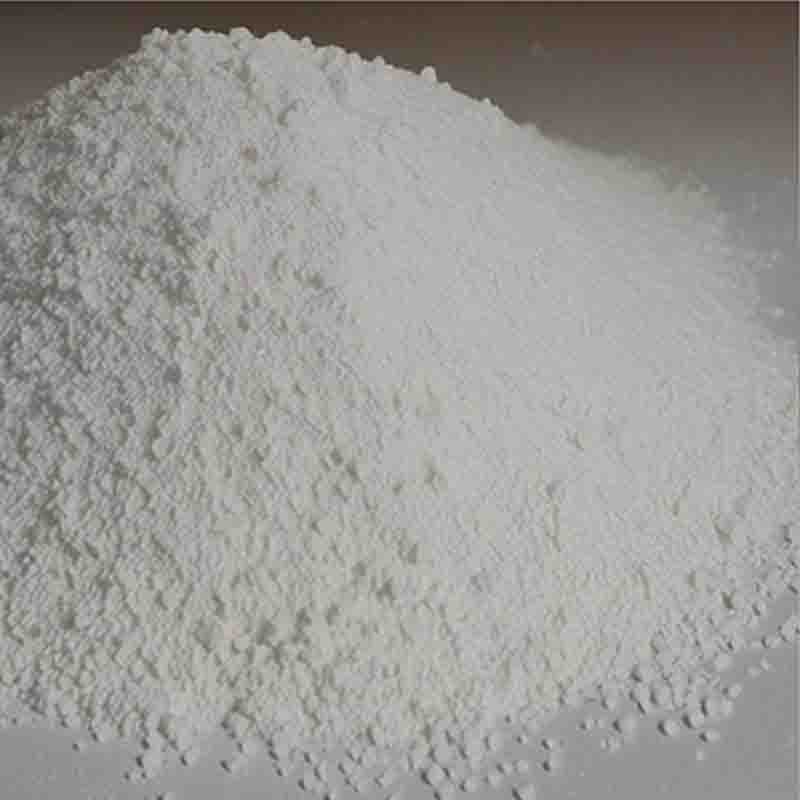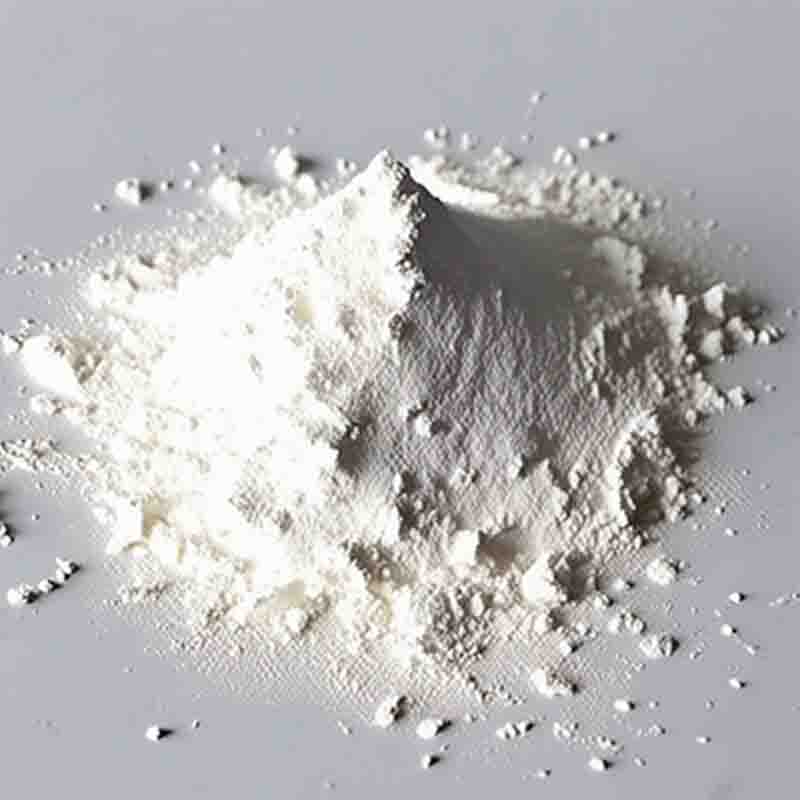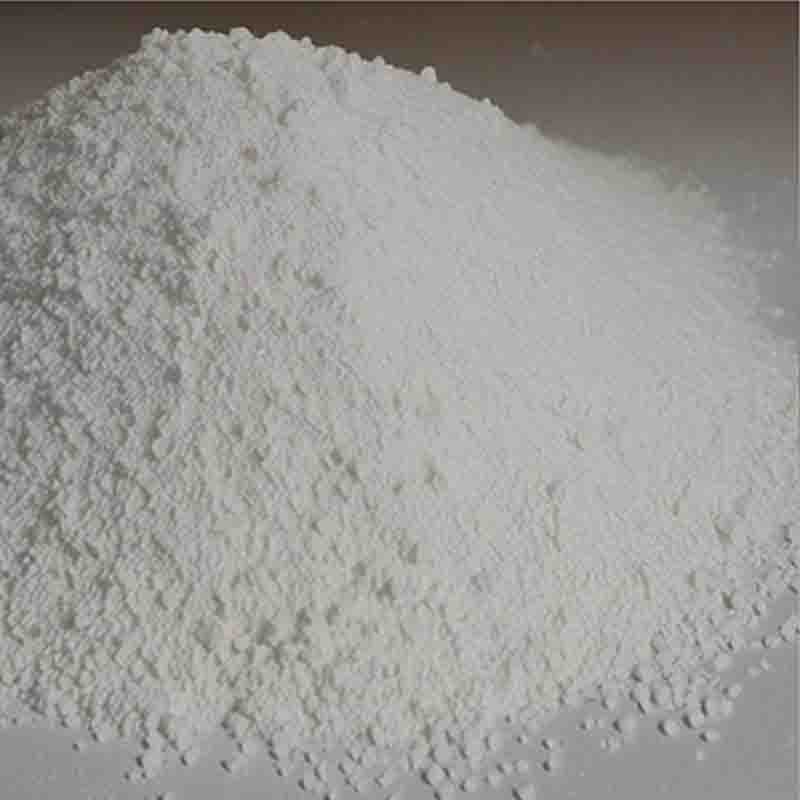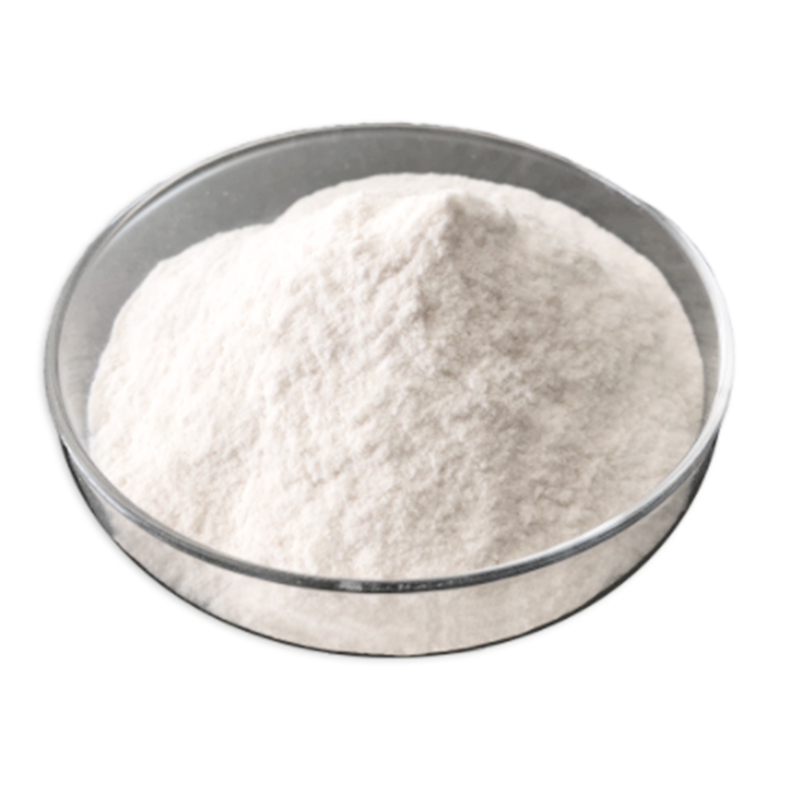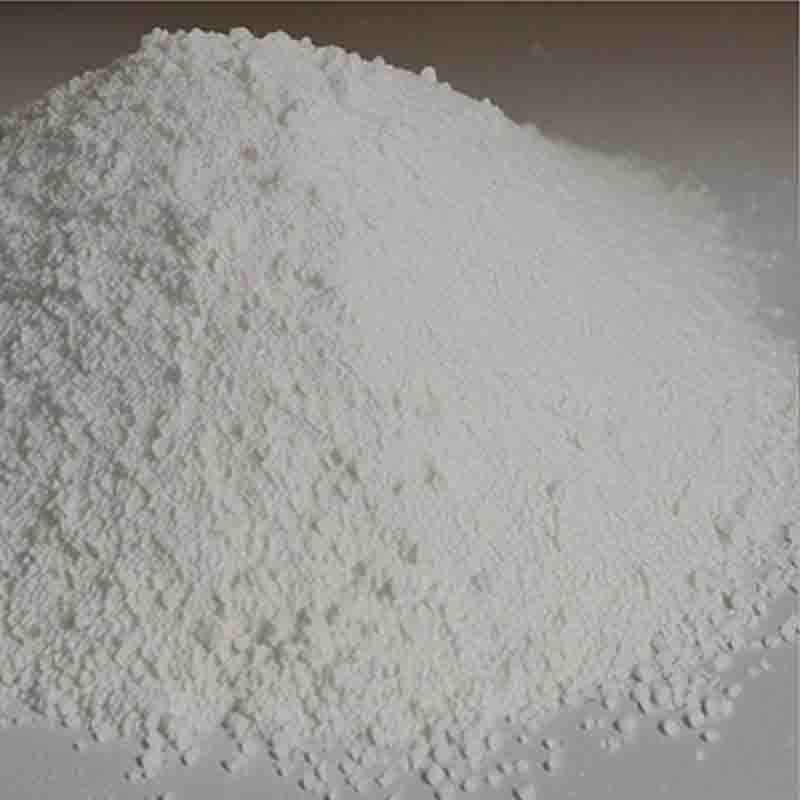2,2,2-Trifluoroethyl methacrylate CAS: 352-87-4
| Catalog Number | XD93560 |
| Product Name | 2,2,2-Trifluoroethyl methacrylate |
| CAS | 352-87-4 |
| Molecular Formula | C6H7F3O2 |
| Molecular Weight | 168.11 |
| Storage Details | Ambient |
Product Specification
| Appearance | White powder |
| Assay | 99% min |
2,2,2-Trifluoroethyl methacrylate, also known as TFEMA, is a monomer that finds diverse applications in the field of polymer science and materials engineering. TFEMA is an ester compound that belongs to the family of methacrylates, which are widely used in the synthesis of various polymers and copolymers.One of the primary uses of TFEMA is in the creation of high-performance polymers. TFEMA can undergo polymerization via free-radical polymerization techniques to produce polymers with desirable properties. These polymers exhibit excellent thermal stability, chemical resistance, and mechanical strength, making them suitable for applications in coatings, adhesives, and engineering plastics.The unique chemical structure of TFEMA, with its trifluoroethyl group and methacrylate moiety, imparts additional functionality and properties to the resulting polymers. The trifluoroethyl group contributes to the improved thermal stability and chemical resistance, while the methacrylate group enables easy manipulation of the polymerization process, allowing for control over molecular weight and cross-linking density.TFEMA can also be incorporated into copolymers to further enhance their properties. By copolymerizing TFEMA with other monomers, such as methyl methacrylate or styrene, the resulting materials can exhibit a combination of properties from both monomers. This versatility allows for the tailoring of copolymers with specific characteristics, such as increased flexibility, improved adhesion, or enhanced optical clarity.Another application of TFEMA lies in its use as a reactive additive in various systems. TFEMA can be used in combination with other monomers or oligomers to modify their properties or introduce specific functionalities. For example, TFEMA can be used as a cross-linking agent in UV-curable systems, providing improved durability and resistance to chemicals and weathering.TFEMA is also utilized in the field of polymer surface modification. Due to its unique chemical structure, TFEMA can be easily attached to the surface of materials through techniques like grafting or coating. This surface modification can impart properties such as hydrophobicity, anti-fouling performance, or enhanced adhesion.In summary, 2,2,2-Trifluoroethyl methacrylate (TFEMA) is a versatile monomer that finds applications in polymer synthesis, copolymerization, reactive additives, and surface modification. The resulting polymers and copolymers exhibit properties such as thermal stability, chemical resistance, mechanical strength, and tailored characteristics. Its varied uses make TFEMA a valuable tool in the development of high-performance materials for a range of industries, including coatings, adhesives, plastics, and surface modification applications.


